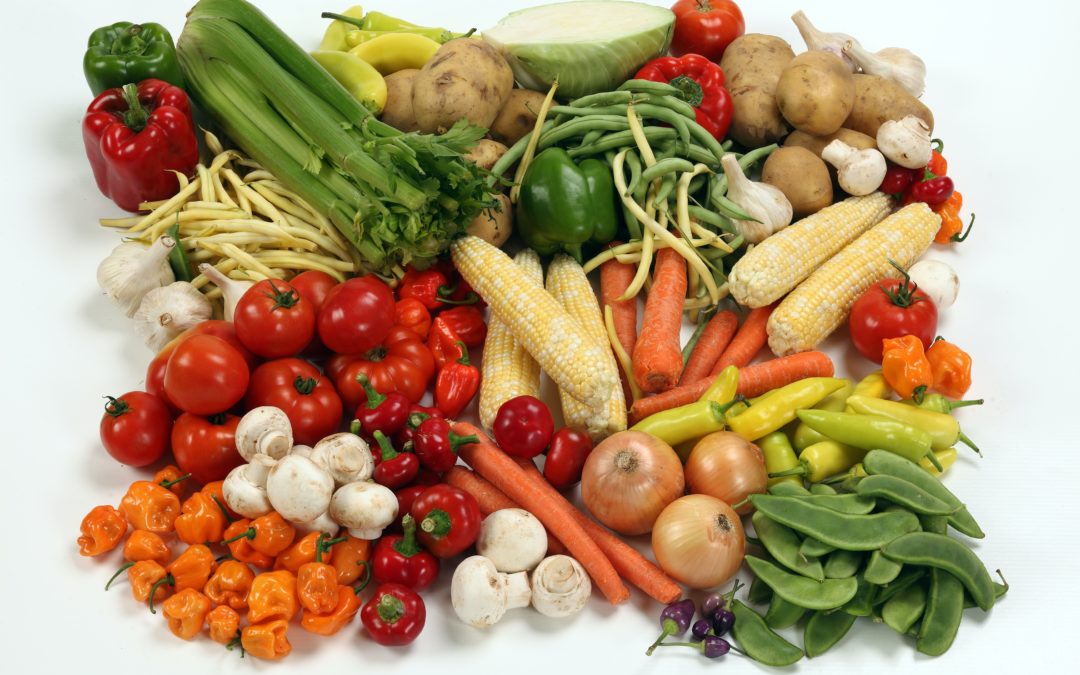What is GFSI?
GFSI, the Global Food Safety Initiative, is an independently-reviewed organization which establishes standards and certifications to regulate food safety on a global scale. GFSI delivers confidence to companies and consumers that food is grown, produced, packaged, shipped, and sold safely.
GFSI continues to develop new ways to improve food safety and standards, ensuring unbiased reporting and accountability. This agency established the food safety certification FSSC 22000 to govern food quality in a way that is comprehensive, effective, and versatile for different industries.
What is FSSC 22000?
FSSC 22000, or Food Safety System Certification, is a complete food safety certification which ensures the management of quality through the entire food production process – from production, to processing, to packaging, to purchase.
What About ISO 22000?
Both ISO 22000 and FSSC 22000 are international standards that regulate components of food safety. FSSC 22000 uses ISO 22000 as a building block, to be customized for food quality in your industry’s specialty. It incorporates the quality management system established in ISO 22000 with a few additions.
The main difference from ISO 22000 is that when your facility complies with the FSSC 22000 standard, you will receive approval from the Global Food Systems Initiative (GFSI). This allows you to access worldwide markets under the GFSI umbrella.
That’s just the basics — let’s break down FSSC 22000 a bit further.
FSSC 22000 Food Safety Certification
FSSC 22000 was developed by GFSI based on ISO 22000, to provide a more focused look at standards in the food industry. The expansion of ISO 22000 includes:
- Prerequisite Program: A system of procedures that regulate operating conditions and practices in food facilities in order to ensure product quality and consistency, and consumer safety. The procedures are relevant to the activity itself — for example, food packaging vs. farming do not share the same procedure, so are governed by related but distinct methods.
- Refined focus to food industries and the operations at each facility.
- Additional standards for food fraud and food defense against bioterrorism.
FSSC 22000 ensures food safety by defining standards for quality at all levels of food production, managing risks that occur during the supply chain, and evaluating facilities for compliance with a clear set of procedures. It regulates food industries for safety in all stages, including processing, manufacturing, packaging, storage, transportation, handling, distribution, and retail.
The FSSC 22000 food safety certification lasts for 3 years and requires at least one unannounced audit before renewal.
Who Does FSSC Apply To?
The FSSC 22000 certification was designed to meet the needs of an international industry for a global food safety scheme. It applies to all companies in the food supply chain including farming of produce and animal products, food processing, animal feed production, food ingredients (including additives, cultures, and vitamins), and food packaging manufacturing.
GFSI-recognized companies that are able to meet international standards may enter the international markets and be accepted by new customers and suppliers who share the quality management system. This means a seamless integration of food safety standards from source to consumer, which protects both the company and the customer.
Benefits of FSSC 22000 Certification
The FSSC 22000 certification allows facilities to ensure that a product meets specific international standards. A FSSC certified company can assure their customers that their products have been manufactured, packaged and handled correctly and safely.
Some other benefits of the FSSC 22000 certification are:
- A comprehensive food safety and quality management system that ensures product quality and consistency throughout the supply chain.
- Compliance with food safety legislation, regulations, and customer expectations.
- A framework that can be tailored to your industry and customer needs through activity-specific prerequisites. FSSC 22000 can be easily integrated with other management systems.
- Innovation and continuous improvement of procedures throughout the company. The FSSC 22000 demonstrates a commitment to delivering the best possible product to the consumer.
- International recognition by GFSI, which owns and maintains the FSSC 22000 certification — something ISO 22000 can’t offer. GFSI approval offers access to top retailers worldwide.
For companies that are already ISO 22000 certified, achieving the FSSC 22000 is the logical next step. It upgrades their food safety certification and grants them access to a broader market.
Why Do FSSC 22000 and GFSI Certifications Matter?
For consumers, working with a company that is FSSC 22000 certified, they can trust the company to maintain strict quality standards throughout their manufacturing process. The certification not only establishes trust for the consumer, but also protects the company brand and minimizes risk. The quality management system of FSSC 22000 and GFSI approval means consistently better quality products and a consistently better business.
A-Pac Manufacturing is proud to hold the FSSC 22000 certification and GFSI recognition. This means we can guarantee our product quality for food industry applications, and better serve our customers with exceptional poly bags for all their needs. For more information about our food grade products, reach out to us today.


